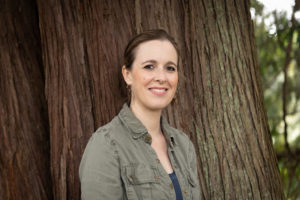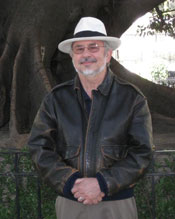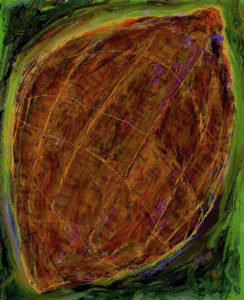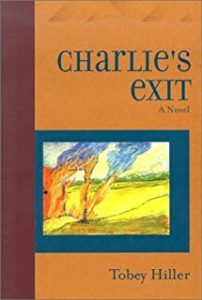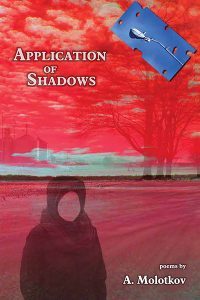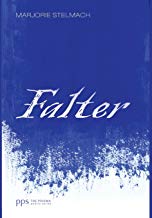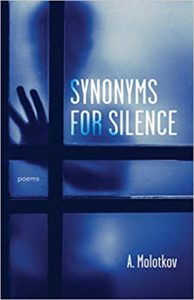If a Tree Falls in a Forest and No One

Would it have mattered if, as children, we’d been taught
to attend to the vanishing? If we’d practiced
hearing the migrating songbirds churring above us
each autumn, or the waning buzz of insect wings
in the meadow as summer lifted away? If we’d risen
at dawn for the synchronized hatch of a thousand
mayflies, or listened to catch the squeals of bats
in the evening fields, or an elephant’s low-pitched
mourning for one of its own? What if we’d tuned
our ears to the various strains of silence
back when they signaled nothing more dire
than a shift of season?
I read this week
that a billion song birds die each year in the U.S. alone
head-butting a hard, glass sky in a rush
to drive off their own reflections. A billion.
How vast a caesura. Why have I never noticed
the hush we wake to on New Year’s Day with
another year and a billion birds missing?
If a single tree fell—to lightning or ice-storm, to blight,
to flame, or to trucks come to clear-cut the lots
for the new subdivisions—would anyone hear it?
What if we’d learned how to gauge the pitch
of the wind-hum or hear new gaps in the hush
of an evening rain? How long have I been
hard enough of heart to accept the fact of birds
crashing headlong against the glass
of my sunroom? Or so hard of hearing I miss
the crash of a forest falling?

